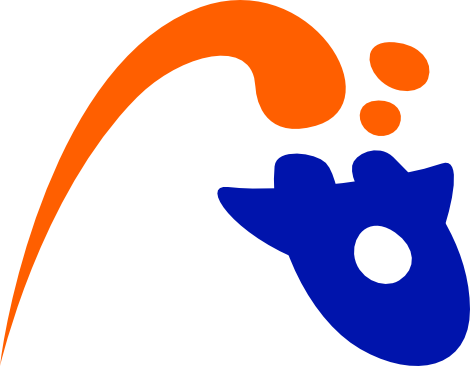Drie redenen om je boek gratis online aan te bieden, volgens Cory Doctorow
“Interessante materie van Cory Doctorow”:http://www.kottke.org/07/11/cory-doctorow, sciencefictionschrijver, “blogger”:http://www.boingboing.net en copyrightactivist. Hij geeft drie redenen om, naast het verkopen van fysieke boeken in de boekwinkel, je werk ook gratis online te verspreiden:
# “The first is that publishing has always been in this kind of churn and flux—who gets published, how they get paid, what the economic structure is of the publishers, where the publishers are, all of that stuff has changed all of the time. And it’s just hubris that makes us think that this particular change—the computer change—is the one that’s going to destroy publishing and that it must be prevented at all costs. We’ll adapt. If we need to adapt, we’ll adapt. And today, the way that we adapt is by giving away e-books and selling p-books. So that’s the economic reason.”
# “But then there is the artistic reason: we live in a century in which copying is only going to get easier. It’s the 21st century, there’s not going to be a year in which it’s harder to copy than this year; there’s not going to be a day in which it’s harder to copy than this day; from now on. Right? If copying gets harder, it’s because of a nuclear holocaust. There’s nothing else that’s going to make copying harder from now on. And so, if your business model and your aesthetic effect in your literature and your work is intended not to be copied, you’re fundamentally not making art for the 21st century. It might be quaint, it might be interesting, but it’s not particularly contemporary to produce art that demands these constraints from a bygone era. You might as well be writing 15-hour Ring Cycle knock-offs and hoping that they’ll be performed at the local opera. I mean, yes, there’s a tiny market for that, but it’s hardly what you’d call contemporary art.”
# “Finally, there’s the ethical reason. And the ethical reason is that the alternative is that we chide, criminalize, sue, damn our readers for doing what readers have always done, which is sharing books they love—only now they’re doing it electronically. You know, there’s no solution that arises from telling people to stop using computers in the way that computers were intended to be used. They’re copying machines. So telling the audience for art, telling 70 million American file-sharers that they’re all crooks, and none of them have the right to due process, none of them have the right to privacy, we need to wire-tap all of them, we need to shut down their network connections without notice in order to preserve the anti-copying business model: that’s a deeply unethical position. It puts us in a world in which we are criminalizing average people for participating in their culture.”
“Toiletten”:http://www.nielsthooft.com/file_download/2/ en “Sneeuwdorp”:http://www.nielsthooft.com/file_download/1/ zijn, post-ramsj, al gratis beschikbaar. Maar wat Cory zegt is dat mijn derde boek, meteen als het verschijnt, ook hier te lezen zou moeten zijn.
De traditionele reactie daarop is: ja, maar als het gratis verkrijgbaar is, gaat niemand het toch meer kopen? Aan de andere kant, het grootste obstakel van een beginnend schrijver is dat niemand zijn werk kent of er genoeg fiducie in heeft om daadwerkelijk tot aanschaf over te gaan. Gratis ‘probeerversies’, waarnaar gemakkelijk gelinkt kan worden, kunnen hierin fungeren als het spreekwoordelijke glijmiddel.
Ik verwacht niet dat veel mensen mijn nieuwe boek van het scherm, of uitgedraaid, zullen lezen. Wel kan zo’n digitale probeerversie snel een idee geven van een boek – vergelijkbaar met bladeren in de boekhandel, maar dan vanuit je luie stoel (en zonder dat ik in die boekhandel hoef te gaan staan om mijn creatie–zoals ik hier op mijn blog in feite doe–in je handen te duwen).
Dat wordt onderhandelen als we de contractfase ingaan…
